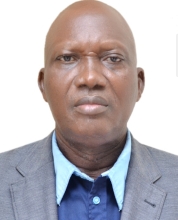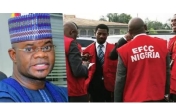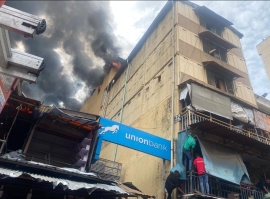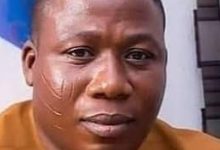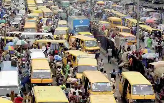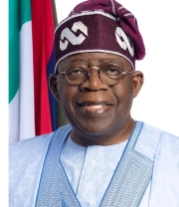
The human cost of Tinubu’s tribal politricks
By Abanikanda Olumoro
In a country as diverse as Nigeria, unity is both a necessity and a challenge. But when leaders choose to exploit ethnic divisions for political gain, the consequences ripple through communities and fracture the very fabric of the nation. Under President Bola Ahmed Tinubu’s leadership, the strategy of tribal politricks — using ethnic loyalty to secure power — has left many Nigerians disillusioned and deeply affected.
When Appointments Become Symbols of Exclusion
For citizens like Aisha in Kano or Chukwudi in Enugu, the government’s appointments should represent the nation’s rich diversity. Instead, the overwhelming presence of individuals from the Southwest in key federal positions has reinforced feelings of exclusion.
“It’s not just about the politics,” Aisha laments. “It’s about the message it sends — that our voices don’t matter.”
A recent civil society report revealed that over 60% of high-level federal appointments went to the Southwest region. For those in the North and Southeast, this imbalance exacerbates mistrust and widens existing divides.
Communities Caught in the Crossfire
In Plateau and Benue, where ethnic clashes have left communities devastated, the absence of inclusive leadership has only fueled unrest. Tribal loyalties exploited for political advantage often trickle down, aggravating local tensions.
“We’ve lost our homes and loved ones,” says John, a displaced farmer. “And the leaders who should bring us together instead use our pain for their gain.”
The Economic Toll of Tribal Favoritism
Beyond the political sphere, the economic consequences of tribal politricks are evident. Contracts and resources flow to politically connected firms, while entrepreneurs like Amina, a rice farmer in Kaduna, struggle to access loans or government support.
“I see big projects going to companies we’ve never heard of, while our farms lack irrigation,” she shares.
According to Transparency International, procurement irregularities have surged under Tinubu’s administration, discouraging foreign investors and stalling economic growth.
A Generation Losing Hope
For Nigeria’s youth, who make up over 60% of the population, tribal politricks further erode trust in government. The memory of the #EndSARS protests still lingers, with young Nigerians demanding not just security reforms, but systemic change.
“We’re tired of leaders using our differences against us,” says Tolu, a university student in Lagos. “We want opportunities based on our abilities, not where we come from.”
A Path Forward
Yet, even amid frustration, there is hope. Nigeria’s resilience shines through its people who continue to call for fairness, unity, and accountable leadership.
To bridge the divide, there is a need for policies that reflect true national representation, transparent governance, and inclusive decision-making. Civil society organizations and community leaders are already fostering dialogue, advocating for reforms, and empowering marginalized voices.
“We’re all Nigerians,” Amina says with determination. “And we deserve leaders who see us that way.”
The path forward requires rejecting divisive politics and embracing the strength found in diversity. Only then can Nigeria heal from the wounds of tribal politricks and move towards a future where every citizen feels valued and heard.
Abanikanda, a social critic writes from UK.

